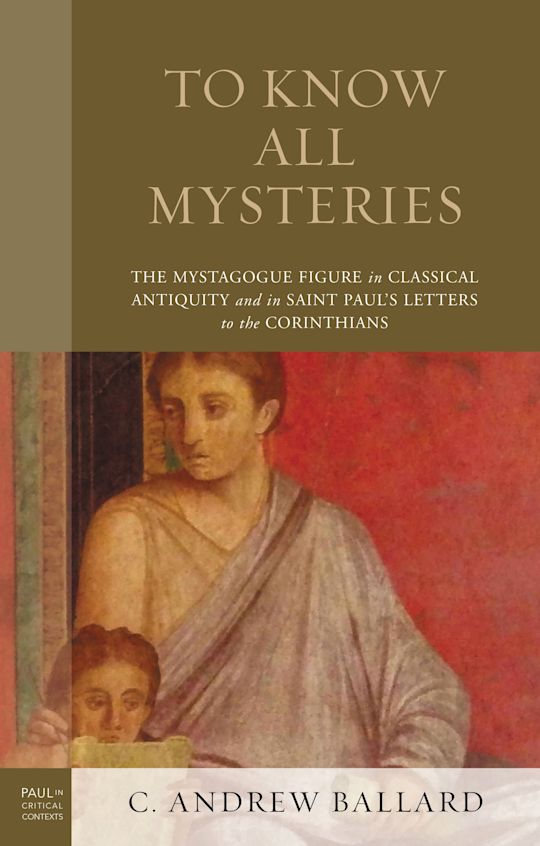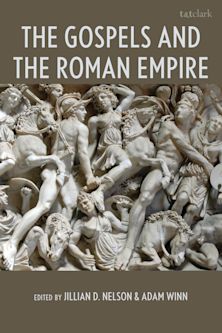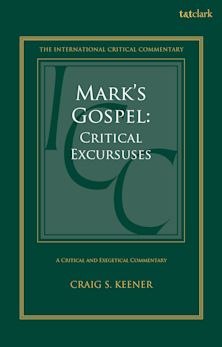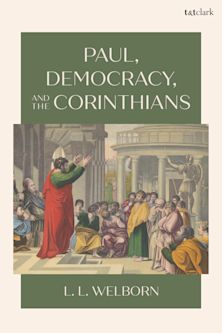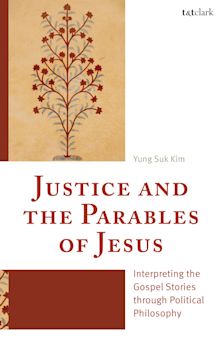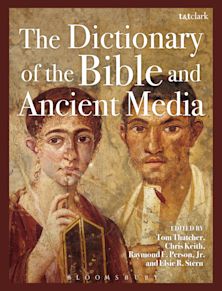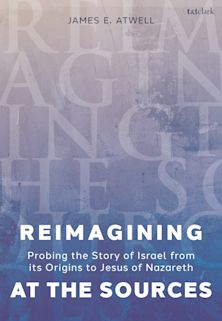To Know All Mysteries
The Mystagogue Figure in Classical Antiquity and in Saint Paul’s Letters to the Corinthians
To Know All Mysteries
The Mystagogue Figure in Classical Antiquity and in Saint Paul’s Letters to the Corinthians
Description
This book examines the way that Paul presents himself as a guide into mysteries, a “mystagogue,” in 1–2 Corinthians. By describing himself as a type of mystagogue for the community, Paul was following a precedent in both Jewish and non-Jewish sources for invoking mystagogic language to engage in polemics with a rival. In opposition to the precedent, however, Paul understands the mystagogue to be a bi-partite figure—comprised of both foolishness and wisdom simultaneously. C. Andrew Ballard argues that ancient mystagogues were often described in two disparate ways: figures of power, and figures of weakness and foolishness. Paul synthesizes both aspects of the mystagogue in his self-presentation to the Corinthians. The figure of the mystagogue, as a wise-fool, was useful to Paul because it was descriptive not only of his own experience as a suffering yet authoritative apostle, but also of the experience of his deity, the suffering and glorified Christ. By presenting himself as both a powerful and foolish mystagogue, Paul could argue that he was a more authentic imitator of Christ than his opponents in Corinth, who boasted in self-exaltation instead of self-humility. In this way, Paul used the character of the mystagogue as a strategic rhetorical tool in his communication with the Corinthians.
Table of Contents
Chapter 2: Defining Mystagogues in the Mystery Cults of Antiquity
Chapter 3: Initiation into Philosophy and Truth, Part One: Metaphorical Mystagogues in
Classical, Hellenistic, and Early Imperial Literature
Chapter 4: Initiation into Philosophy and Truth, Part Two: Metaphorical Mystagogues in Jewish Literature of the Hellenistic and Early Imperial Periods
Chapter 5: The Duality of the Mystagogue: Power and Foolishness
Chapter 6: Initiating Paul, Part One: The Appropriation and Disruption of the
Mystagogue in 1 Corinthians
Chapter 7: Initiating Paul, Part Two: The Appropriation and Disruption of the Mystagogue in 2 Corinthians
Product details
| Published | Aug 31 2022 |
|---|---|
| Format | Ebook (PDF) |
| Edition | 1st |
| Extent | 404 |
| ISBN | 9781978784222 |
| Imprint | Fortress Academic |
| Series | Paul in Critical Contexts |
| Publisher | Bloomsbury Publishing |
Reviews

ONLINE RESOURCES
Bloomsbury Collections
This book is available on Bloomsbury Collections where your library has access.









